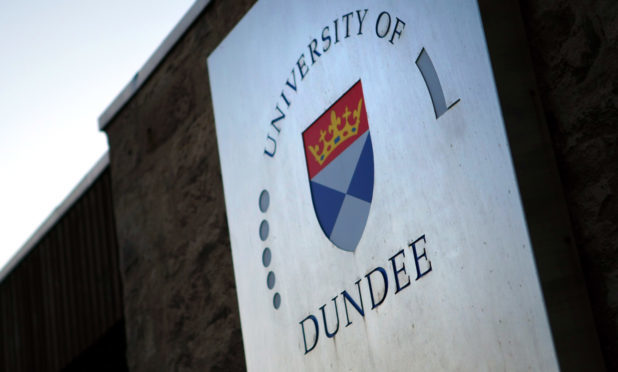Almost 1,000 animals a week are killed at Dundee University to aid research, new figures show.
The animals, mostly mice, are used for scientific studies at the university.
The figures have been criticised by an animal welfare group which described research using animals as a “scientific fraud”.
Since 2013, 140,672 mice have been killed at the university, while a further 1,723 animals including rats, frogs and hamsters have also died.
The university has said the killing of animals is essential for its ongoing scientific research.
The right to kill animals for scientific procedures is protected under a 1986 Act which defined regulated procedures as animal experiments that could potentially cause “pain, suffering, distress or lasting harm”, to protected animals, which encompasses all living vertebrates other than humans, under the responsibility of humans.
There has been no suggestion of any wrongdoing on the part of the university.
John Patrick, co-convener of Scotland for Animals, criticised the figures.
“It’s disappointing – I would want to see a complete eradication of research on animals,” he said.
“There are two different arguments.
“First, it’s a scientific fraud – it’s incredibly misleading and it’s costing lives. Even people within the body of work say at the very, very least there should be an independent evaluation of the efficiency of animal research.
“The American Food and Drug administration said 92-95% of drugs that are found to be effecting in animals get immediately scrapped when human trials begin because they do not work or the side effects are so damaging.
| 2013 | 2014 | 2015 | |
| Mice | 51,393 | 47,326 | 41,953 |
| Rats | 396 | 196 | 938 |
| Hamsters | 28 | 46 | 66 |
| Frogs | 12 | 24 | 14 |
| Rabbits | 3 | 0 | 0 |
“People at the end of the day are losing family because we are not finding effective treatments quickly enough.
“And animals are being purposefully infected with some horrendous diseases. We need 21st century solutions to 21st century problems.”
A spokesman for Dundee University said: “Animals are used for research only in instances where no alternatives are available. The results of these studies are of great importance in better understanding and developing treatments for serious health problems including Alzheimer’s, Parkinson’s disease, cancer, heart disease, diabetes, genetic disorders and infectious diseases.
“The university takes its ethical and legal responsibilities very seriously. All our work is carried out in accordance with the 3Rs concept — reduction in the number of animals used, refinement of procedures so the least possible harm is done in collecting information, and the replacement of animals with other research methods wherever possible.
“Alternatives to the use of living animals, such as computer models and increasingly sophisticated cell culture systems, are adopted whenever possible, but procedures that involve animals continue to be necessary in many cases, particularly when the integrated behaviour of complex physiological systems is being studied.”










